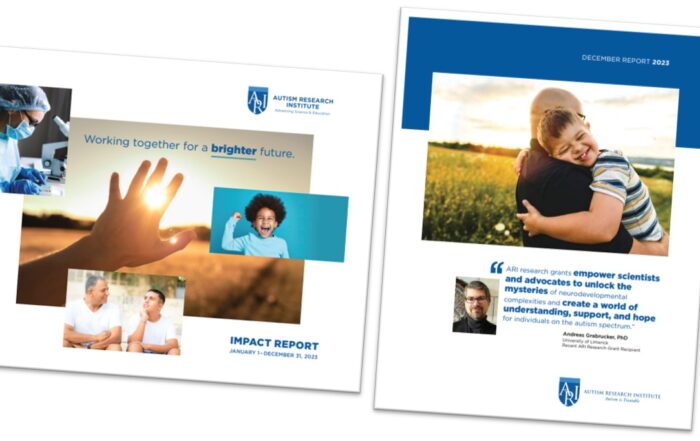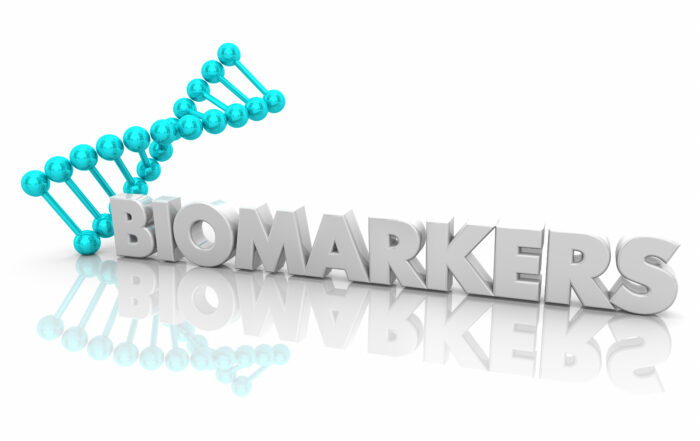There may be an association between childhood infections and subsequent diagnoses of autism spectrum disorder (ASD) or intellectual disability (ID), according to a recent large-scale study.

Håkan Karlsson and colleagues analyzed data collected on 556,732 Swedish children born between 1987 and 2010, identifying all children with documented treatment for childhood infections. Their initial analysis showed a significant association between childhood infections and later
ASD or ID, with the strongest association being for ID. When the researchers further analyzed their data by controlling for a wide range of variables, excluding children with congenital causes of ASD/ID, and comparing the children with siblings to factor in both heritable and non-heritable factors, the
the association was smaller but remained significant.
The researchers conclude, “Based on our analysis of the timing of infections and the diagnoses of ASD and ID in this study, including careful consideration of potential confounding by shared familial factors, we suggest that infections during early childhood contribute to risk of a later diagnosis of ID, including ID co-occurring with ASD.”
—
“Childhood infections and autism spectrum disorders and/or intellectual disability: a register-based cohort study,” Håkan Karlsson, Hugo Sjöqvist, Martin Brynge, Renee Gardner, and Christina Dalman, Journal of Neurodevelopmental Disorders, February 2022 (free online). Address: Håkan Karlsson Department of Neuroscience, Karolinska Institutet, 171 77, Stockholm, Sweden, hakan.karlsson.2@ki.se
This article originally appeared in Autism Research Review International, Vol. 36, No. 2, 2022
ARI’s Latest Accomplishments
Connecting investigators, professionals, parents, and autistic people worldwide is essential for effective advocacy. Throughout 2023, we continued our work offering focus on education while funding and support research on genetics, neurology, co-occurring medical
Biomarkers start telling us a story: Autism pathophysiology revisited
Learn about emerging research on biomarkers and autism from a recent ARI Research Grant recipient. This is a joint presentation with the World Autism Organisation. The presentation by Dr.
Editorial – Bernard Rimland’s Impact: Sixty Years Since the Publication of ‘Infantile Autism’
In this milestone year of 2024, the Autism Research Institute commemorates the 60th anniversary of Dr. Bernard Rimland’s groundbreaking work, Infantile Autism: The Syndrome and Its Implications for a Neural Theory of




